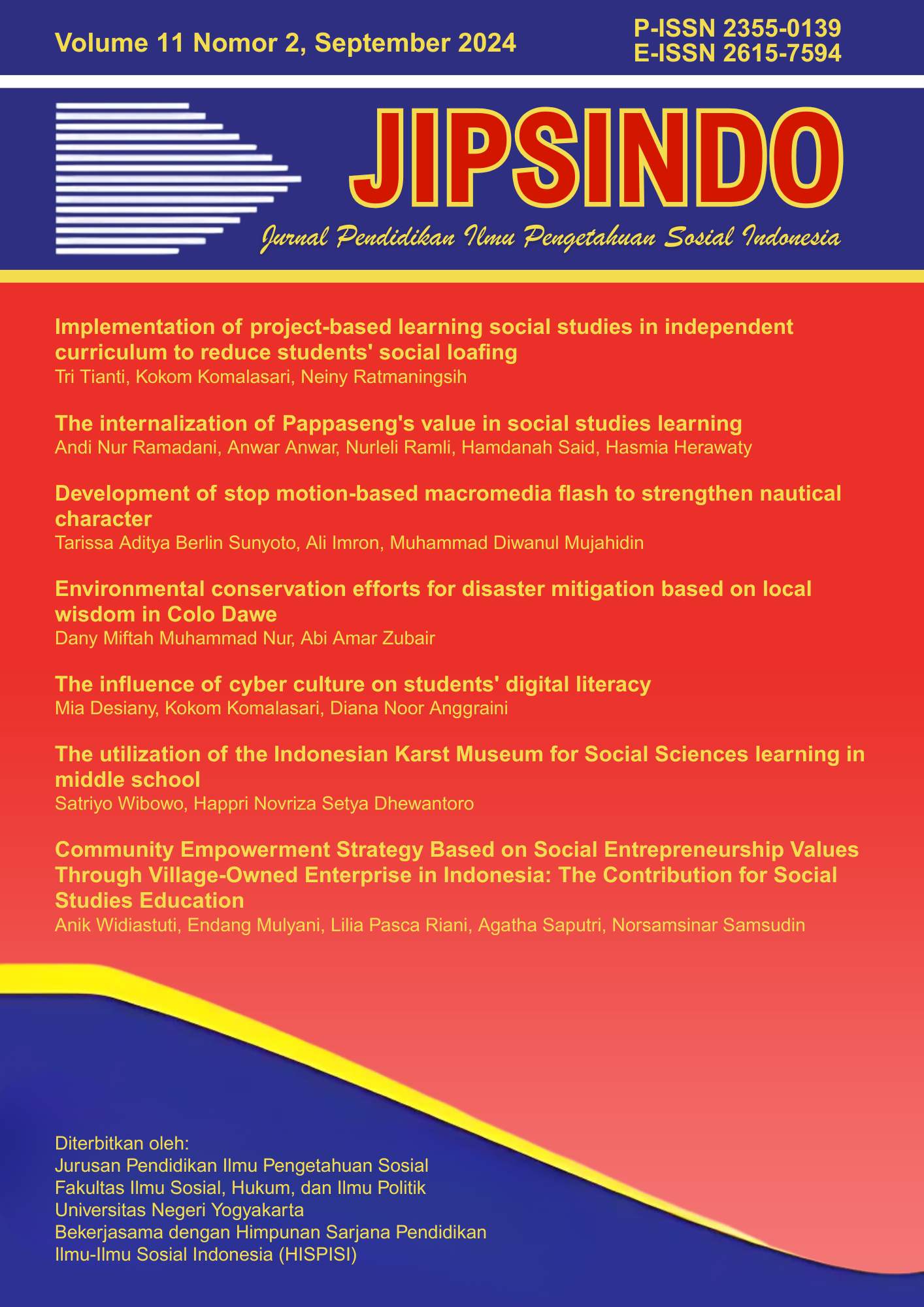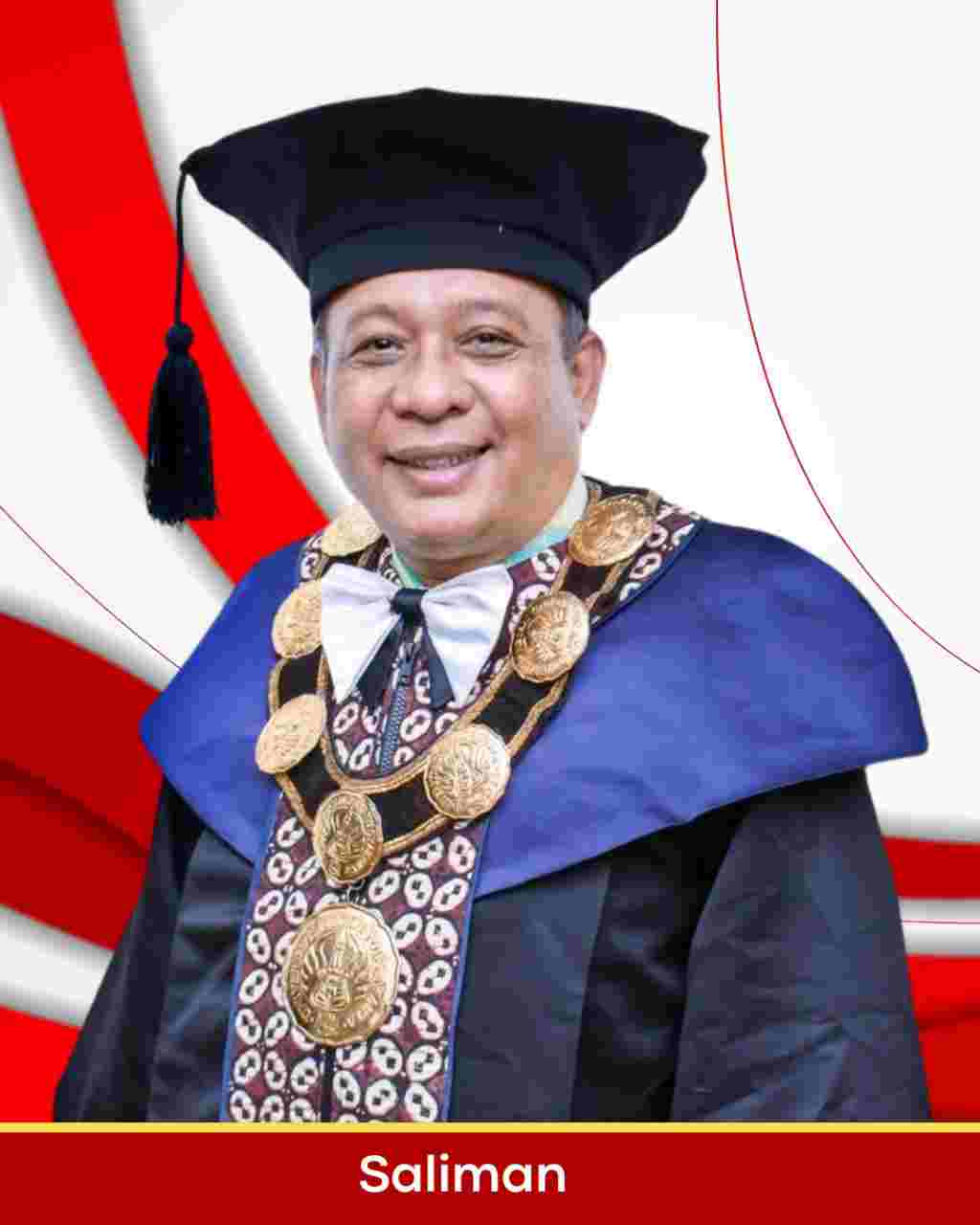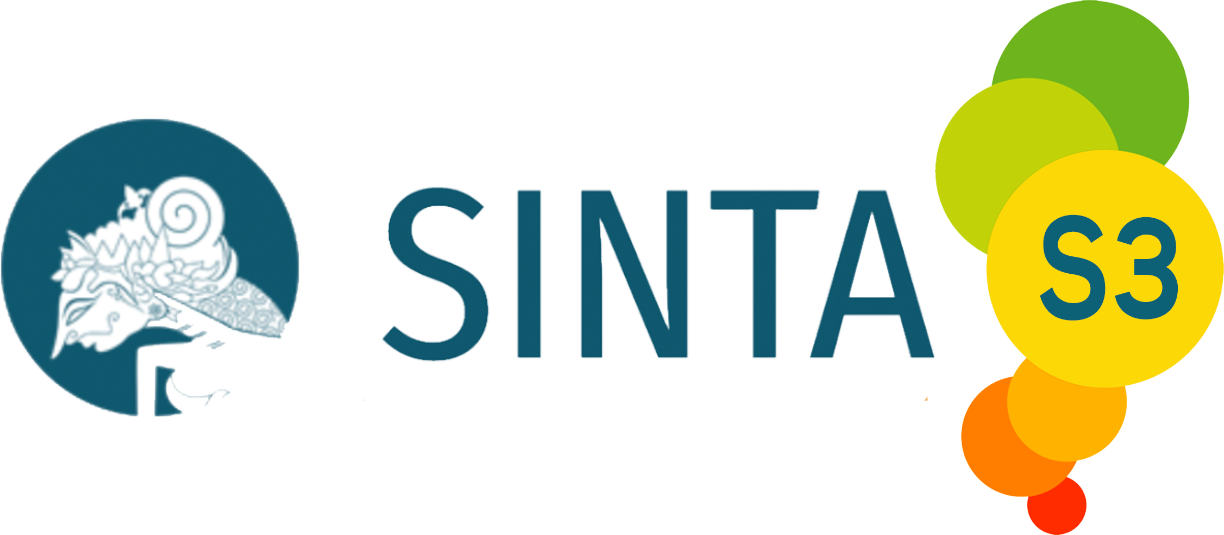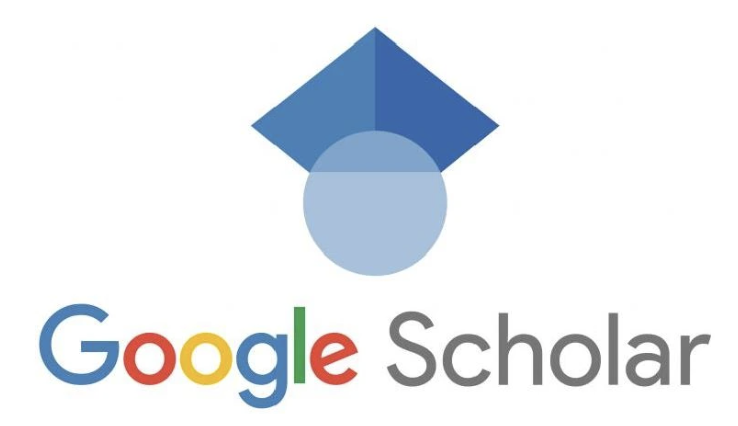Development of stop motion-based macromedia flash to strengthen nautical character
DOI:
https://doi.org/10.21831/jipsindo.v11i2.71786Keywords:
macromedia flash, sumber daya alam, kemarintiman, karakter bahari, teori konstruktivistikAbstract
The massive development of digital technology has changed aspects of human life, including education. Thus, in the face of the digital era, technology is paramount to increasing learning effectiveness. One of the integrated technologies is stop motion-based Macromedia Flash, a learning media that offers interactive learning experiences through moving animations. This research aims to develop student-centred aspects of feasibility, practicality, and effectiveness based on constructivism theory. The research uses the ADDIE model development method. The results of media and material validation on the stop motion-based Macromedia Flash show that this media is declared "feasible" with an overall score of 83%. Regarding practicality and efficiency, the stop motion-based Macromedia Flash achieved a score of 104% (very feasible) and 60.4% (high), respectively. In addition, the use of this media supports constructivism theory by demonstrating its activeness in social studies learning. This not only improves learners' understanding of the material but also has the potential to enrich their nautical character development.
References
Amalina, A. N., Afina, N. N., & Susilo, F. (2024). Pengaruh Digitalisasi Perangkat Sekolah terhadap Metode Pembelajaran Berbasis Proyek Menggunakan Teori Belajar Konstruktivisme. PRISMA, Prosiding Seminar Nasional Matematika, 7, 541–545. https://proceeding.unnes.ac.id/prisma
Azizah, A. N., Zahra, A., Apriliani, S., & Aprily, N. M. (2024). Dinamika Pendidikan Anak Usia Dini: Perubahan Kurikulum 2013 ke Kurikulum Merdeka. Jurnal BOCIL: Journal of Childhood Education Development and Parenting, 2(1), 1–12. https://doi.org/10.28926/bocil.v2i1.1189
Azlina, A., & Zainil, M. (2021). Pengembangan Multimedia Interaktif Dengan Software Macromediaflash 8 Pada Materi Penjumlahan dan Pengurangan Pecahan Biasa di Kelas V SD. Journal of Basic Education Studies, 4(1), 3473–3486. https://www.ejurnalunsam.id/index.php/jbes/article/view/4151
Azyani, N., Jalil, A., & Kassim, N. I. (2023). Addie Model Application for Development of E-Note (DET 1013) For Students in Polytechnic. LIS Conference Polteknik Mersing Malaysia, 173–182. http://ojs.ligailmuserantau.com/index.php/lis/article/view/59
Gatyan, S. F., Aguaded, I., & Montoya, M. S. R. (2023). Digital transformation and digital literacy in the context of complexity within higher education institutions: a systematic literature review. In Humanities and Social Sciences Communications (Vol. 10, Issue 1, pp. 1–11). Springer Nature. https://doi.org/10.1057/s41599-023-01875-9
Hasanah, L., Putri, M. A., Hanin, A. H., & Siregar, W. S. (2022). Dampak Perkembangan Teknologi Informasi Bagi Peserta Didik. Jurnal Informatika Dan Teknologi Pendidikan, 2(2), 44–48. https://doi.org/10.25008/jitp.v2i2.33
Kastina, N. R. (2022). Perubahan Pembelajaran IPS dalam Menghadapi Tantangan Abad 21 dan Era Revolusi Industri 4.0. Seri Publikasi Pembelajaran, 1(1), 133–141. https://doi.org/10.20527/tmkm.v1i1.377
Lathifah, A. S., Hardaningtyas, K., Pratama, Z. A., Moewardi, I., Pendidikan, T., Keguruan, F., & Artikel, I. (2024). Penerapan Teori Belajar Konstruktivisme dalam Meningkatkan Keaktifan dan Hasil Belajar Siswa. DIAJAR: Jurnal Pendidikan Dan Pembelajaran, 3(1), 36–42. https://doi.org/10.54259/diajar.v3i1.2233
Mahardani, A. D. E., Nurmilawati, M., & Saidah, K. (2023). Analisis Kepraktisan Media Pembelajaran Berbasis Macromedia Flash Pada Materi Keragaman Budaya Kelas 4. Seminar Nasional Pendidikan Dan Pembelajaran Ke-6, 1581–1586. https://proceeding.unpkediri.ac.id/index.php/semdikjar/article/view/3935
Martatiyana, D. R., Usman, H., & Lestari, H. D. (2023). Application of The ADDIE Model in Designing Digital Teaching Materials. Journal of Education & Teaching Primary School Teachers, 6(1), 105–109. http://journal.unpak.ac.id/index.php/
Mashlahah, I., & Arifin, S. (2023). Dampak Perkembangan Teknologi Terhadap Perilaku dan Kehidupan Pemuda Pemudi di Era Milenial. Jurnal Pengabdian Masyarakat dan Penerapan Ilmu Pengetahuan, 4(2), 9–13. https://doi.org/10.25299/jpmpip.2023.13167
Masruriyah, J. S., & Istiningsih, G. (2022). Kelayakan Media Pembelajaran Macromedia Flash 8 Multiple Intelegences Kelas IV SD. Primary: Jurnal Pendidikan Guru Sekolah Dasar, 11(2), 623–632. https://doi.org/10.33578/jpfkip.v11i2.8834
Maulidah, N., Sapriya, S., & Supriatna, N. (2023). Desain Pedagogi Kreatif Berbasis Teknologi Digital dalam Pengembangan Pembelajaran IPS SD Untuk Menstimulasikan Kebiasaan Berpikir Kreatif. Djiwa Cendekia: Jurnal Riset Pedagogik, 7(1), 337–351. https://doi.org/10.20961/jdc.v7i1.72516
Mustika, H., Syaftinentias, W., Wahyuningsih, D., Ningsih, S. Y., Fitri, R., Hartanti, Y. F., & Novita, L. (2024). Implementasi Teknologi dalam Pembelajaran Untuk Meningkatkan Karakter Unggul Siswa MTs Al Hidayah di Era Digital. Jurnal Pengabdian Masyarakat Bangsa, 1(11), 2799–2804. https://doi.org/10.59837/jpmba.v1i11.589
Mustofa, N. E., & Hindun, H. (2023). Perbandingan Teacher Center Learning dan Student Center Learninng Dalam Sebuah Perbelajaran. Jurnal Pendidikan dan Sastra Inggris, 4(1), 58–67. https://doi.org/10.55606/jupensi.v4i1.3107
Nathaniela, H., & Esfandiari, N. S. (2023). Pengaruh Penggunaaan Teknologi Pembelajaran Terhadap Prestasi Belajar Siswa Sekolah Menengah. Jurnal Pendidikan Merdeka Belajar, 1(1), 1–6. https://ejournal.marqchainstitute.or.id/index.php/Merdeka/article/view/90
Norpin, N., Naibaho, L., & Rantung, D. A. (2024). Peran Teknologi dalam Proses Pembelajaran. Jurnal Kolaboratif Sains, 7(1), 444–448. https://doi.org/10.56338/jks.v7i1.4896
Putra, B. A. (2023). Rise of Constabulary Maritime Agencies in Southeast Asia: Vietnam's Paragunboat Diplomacy in the North Natuna Seas. Social Sciences, 12(4), 1–15. https://doi.org/10.3390/socsci12040241
Safitri, S. L. D. A., Rohmah, D. Z., Aryani, H. I., Rahayu, S., Tino, A. H., & Hilyana, F. S. (2023). Pengembangan Media Pembelajaran Matematika Berbasis Macromediaflash untuk Mengatasi Kesulitan Belajar Siswa. Jurnal Basicedu, 7(4), 2576–2582. https://doi.org/10.31004/basicedu.v7i4.5423
Said, S. (2023). Peran Teknologi Sebagai Media Pembelajaran di Era Abad 21. Jurnal PenKoMi: Kajian Pendidikan & Ekonomi, 6(2), 194–202. https://doi.org/10.33627/pk.62.1300
Sakti, A. D., Putra, Yy. I., Sabir, A., & Fitria, D. (2024). Pengembangan Media Pembelajaran Interaktif Berbasis Macromedia Flasg 8 Pada mata pelajaran TIK. JIPTI, 5(1), 11–21. https://doi.org/10.52060/pti.v5i1.1431
Salim, F., Hatim, F., & Abubakar, K. (2024). Analisis Pengembangan Wisata Bahari Desa Maitara Utara Kota Tidore Kepulauan. EKOMA: Jurnal Ekonomi, 3(2), 870–885. https://doi.org/10.56799/ekoma.v3i2.2913
Saputra, P. D. A. (2024). Pentingnya Pariwisata Berkelanjutan dalam Menjaga Keseimbangan Lingkungan. Al Mikraj: Jurnal Studi Islam Dan Humaniora, 4(2), 207–217. https://doi.org/10.37680/almikraj.v4i02.4613
Septianingsih, R., Sani, E. F., & Safitri, D. (2023). Analisis Pemanfaatan Internet Sebagai Penunjang Literasi digital Dalam Pembelajaran IPS Menuju Society 5.0. Sindoro: Cendikia Pendidikan, 1(9), 1–8. https://doi.org/10.9644/sindoro.v1i9.1134
Suroiya, M., & Perdana Prasetya, S. (2021). Pengembangan Media Pembelajaran Augmented Reality Pada Materi Peninggalan Kerajaan Hindu-Budha di Indonesia. SOSEARCH: Social Science Educational Research, 1(2), 93–104. https://doi.org/10.26740/sosearch.v1n2.p93-104
Susanti, S., Nainggolan, E. E., & Siregar, N. A. R. (2023). Maritime Context in Learning at School: Systematic Literature Review. BIO Web of Conferences, 79, 02002. https://doi.org/10.1051/bioconf/20237902002
Zebua, F. R. S. (2023). Analisis Tantangan dan Peluang Guru di Era Digital. Jurnal Informatika dan Teknologi Pendidikan, 3(1), 21–28. https://doi.org/10.25008/jitp.v3i1.55
Downloads
Published
How to Cite
Issue
Section
License
Authors who publish with this journal agree to the following terms:
- Authors retain copyright and grant the journal right of first publication with the work simultaneously licensed under a Creative Commons Attribution License that allows others to share the work with an acknowledgement of the work's authorship and initial publication in this journal.
- Authors are able to enter into separate, additional contractual arrangements for the non-exclusive distribution of the journal's published version of the work (e.g., post it to an institutional repository or publish it in a book), with an acknowledgement of its initial publication in this journal.
- Authors are permitted and encouraged to post their work online (e.g., in institutional repositories or on their website) prior to and during the submission process, as it can lead to productive exchanges, as well as earlier and greater citation of published work (See The Effect of Open Access).

JIPSINDO (Jurnal Pendidikan Ilmu Pengetahuan Sosial Indonesia) is licensed under a Creative Commons Attribution-ShareAlike 4.0 International License.
Based on a work at https://journal.uny.ac.id/index.php/jipsindo.













